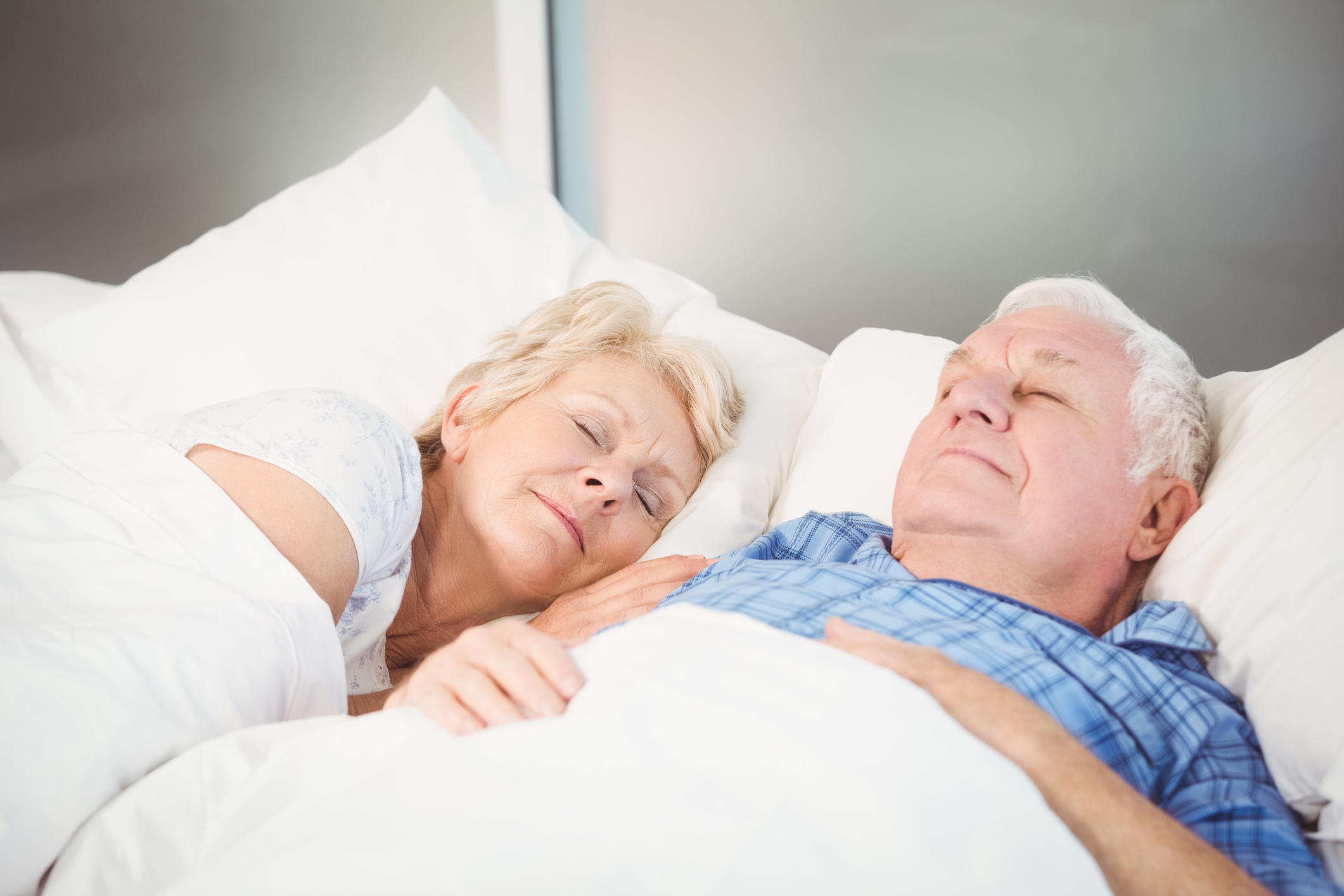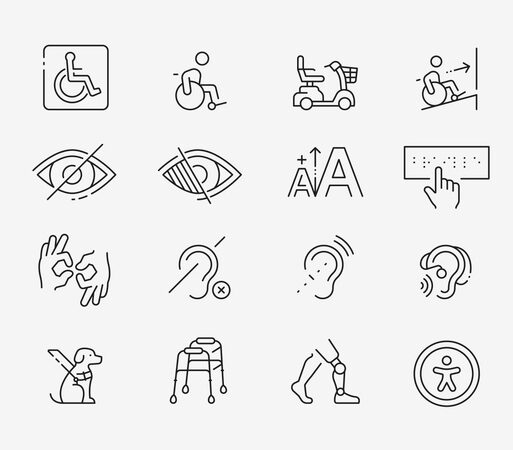As people age, the body changes in all sorts of predictable ways. Joints stiffen, brains can slow, wounds take longer to heal, and sleep patterns can shift. Sleep is something that everyone needs but many of us don’t get enough. We become accustomed to being sleep deprived and we don’t really know how much it affects us. In 2017, a national poll conducted by the University of Michigan found that 46 percent of adults 65 or older have trouble falling asleep on a regular basis.
There are many ways that sleep changes with aging and here are some discoveries from the experts:
Decreased cognitive performance. This includes having a harder time paying attention, multi-tasking, completing logical thinking tasks, or problem-solving.
Worsening of mood. People tend to be more irritable, more anxious, and sometimes more depressed.
Sleep becomes lighter and more fragmented. The amount of time spent in REM sleep declines, and sleep patterns change a bit as people age.
The circadian rhythm is basically a daily pattern that affects most processes within the body. It’s regulated by certain parts of the brain, by certain hormones (including melatonin), and by exposure to daylight. As people age, many seem to advance the “phase” of their circadian rhythm, meaning they get sleepy earlier in the day and wake up earlier. Experts also believe the rhythm signal tends to weaken with age, so there’s less of a clear signal organizing the body’s processes to be in synch with each other and with the day.
In 2016, Canada was ranked the third most
Cut down on screen time before bed
If you enjoy a bit of TV before bed, or you like to unwind in the evenings with your tablet or computer, it could be affecting your ability to get a good night’s sleep. Electronics emit a type of light called “blue light,” and blue light affects your brain’s levels of a hormone called melatonin. Your brain needs the proper amount of melatonin to maintain its circadian rhythm, and an interrupted circadian rhythm means you may wake up tired, struggle to sleep through the night or have trouble falling asleep at the proper time. Try reading a book to unwind at the end of the day.
Your sleep environment is important
If you’ve been having trouble sleeping, take a moment to evaluate the environment you enter every time you go to bed. Is it completely dark? Is there a source of noise? Are the windows open or closed? Consider adjusting the environment you sleep in to see if it positively affects the quality of your sleep.
Wake up at the same time every day
Sometimes we feel like we need those precious few minutes that the snooze button allows us, but scientifically, it’s damaging to our sleep cycle. If you ignore your alarm to get a few more minutes of sleep, “you’re plunged back into the beginning of the sleep cycle, which is the absolute worst point from which to wake up.” Set your alarm for the same time every day, no matter what commitments you happen to have in the morning. Committing to nice early wake-up time, even on weekends, is crucial to maintaining a healthy sleep cycle.
Add more exercise to your daily routine
Exercise increases your brain’s levels of sleep-inducing hormones like melatonin. If you can’t sleep at night, it’s possible that your body needs more exercise in order to get properly tired out before bed. Try a brisk walk after dinner, or light yoga to get the endorphins flowing and help you unwind mentally and physically before trying to fall asleep.
The key to getting proper sleep is finding a routine that works for you and sticking to it. Follow this link for further information from the National Sleep Foundation.






Add Your Voice
0 Comments
Join the Discussion